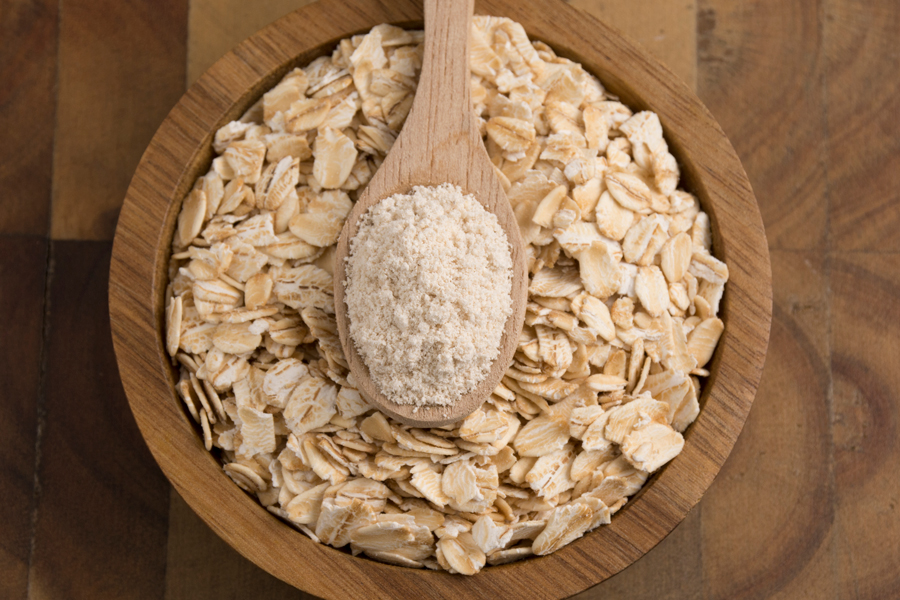Financial Literacy
Expert Resources
-
 Oat okara, the nutritious byproduct of oat milk processing, is rich in protein and dietary fiber. Current practices often discard okara or use it as animal feed. Produced in large quantities, it represents not only a sustainability challenge but also a significant economic opportunity. With potential applications in food fortification and as a cost-effective ingredient in baked goods, snacks, and more, utilizing oat okara can reduce waste and add value to the production chain. Unlocking its potential benefits both the environment and the food industry.
Oat okara, the nutritious byproduct of oat milk processing, is rich in protein and dietary fiber. Current practices often discard okara or use it as animal feed. Produced in large quantities, it represents not only a sustainability challenge but also a significant economic opportunity. With potential applications in food fortification and as a cost-effective ingredient in baked goods, snacks, and more, utilizing oat okara can reduce waste and add value to the production chain. Unlocking its potential benefits both the environment and the food industry. -
 1. The total harvested area of vegetables and pulses has been declining for the past 5 years, including a 25%–30% loss of Georgia’s fall vegetable crop because of Hurricane Helene, and the downward trend is expected to continue in 2025. 2. Total imports of vegetables and pulses were $20 billion in 2023, an increase of 7% compared to 2022. This increased import trend and value is expected to continue in 2025. 3. Although vegetable per capita consumption increased by 1.7% in 2023, the increase did not surpass the 405.4 lb consumed per capita in 2020. It is expected that 2025 will be much better.
1. The total harvested area of vegetables and pulses has been declining for the past 5 years, including a 25%–30% loss of Georgia’s fall vegetable crop because of Hurricane Helene, and the downward trend is expected to continue in 2025. 2. Total imports of vegetables and pulses were $20 billion in 2023, an increase of 7% compared to 2022. This increased import trend and value is expected to continue in 2025. 3. Although vegetable per capita consumption increased by 1.7% in 2023, the increase did not surpass the 405.4 lb consumed per capita in 2020. It is expected that 2025 will be much better. -
 1. 2024 was a good year for many green industry firms, though Hurricane Helene mitigated these positives for many growers. 2. There are many unknowns going into 2025 that will impact green industry sales, including higher inflation and interest rates, mixed signals within the economy, increased input costs, and the varying strength of the housing market in Georgia. 3. Green industry demand is expected to have stable to moderate growth with increased prices, which will result in comparable average sales for 2025 compared to 2024.
1. 2024 was a good year for many green industry firms, though Hurricane Helene mitigated these positives for many growers. 2. There are many unknowns going into 2025 that will impact green industry sales, including higher inflation and interest rates, mixed signals within the economy, increased input costs, and the varying strength of the housing market in Georgia. 3. Green industry demand is expected to have stable to moderate growth with increased prices, which will result in comparable average sales for 2025 compared to 2024.